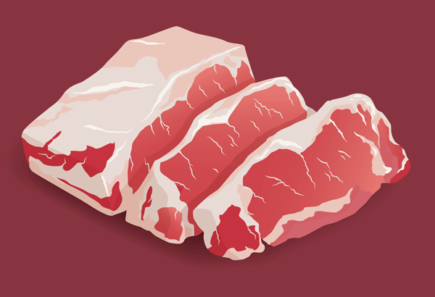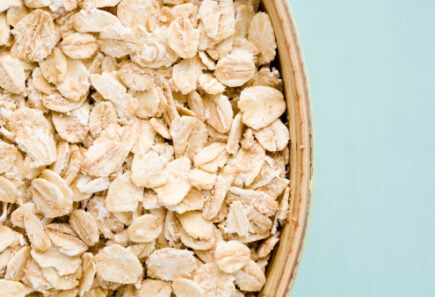
Red seaweed protein
Learn about Trophic LLC’s research developing plant-based meat ingredients from red seaweed protein through GFI’s grant program.

Learn about Trophic LLC’s research developing plant-based meat ingredients from red seaweed protein through GFI’s grant program.

GFI is developing marbled cultivated beef with Dr. Amy Rowat at University of California, Los Angeles

Learn about Dr. Marcelle Machluf’s work designing cellular building blocks for cultivated meat with at Technion – Israel Institute of Technology.

Learn about Dr. David Block’s work to perfect growth media for cultivated chicken at University of California, Davis.

GFI grantee Dr. Birgit Dekkers at Rival Foods in The Netherlands is developing shear cell technology to make whole cuts of plant-based meat.

Learn about Dr. Ricardo San Martin’s research incorporating oleogels into plant-based meat at University of California, Berkeley.

Learn about cutting-edge research to use fermented oat protein to develop plant-based meat.

Learn about Dr. Ofir Benjamin’s research characterizing quinoa protein for plant-based meat production at Tel Hai College.

GFI is building plant-based tissue scaffolds for cultivated meat with Dr. Masatoshi Suzuki at University of Wisconsin, Madison

Learn about Dr. Kevan Main and Dr. Cathy Walsh’s work at Mote Marine Laboratory to develop cell lines and methodology for cultivated seafood.